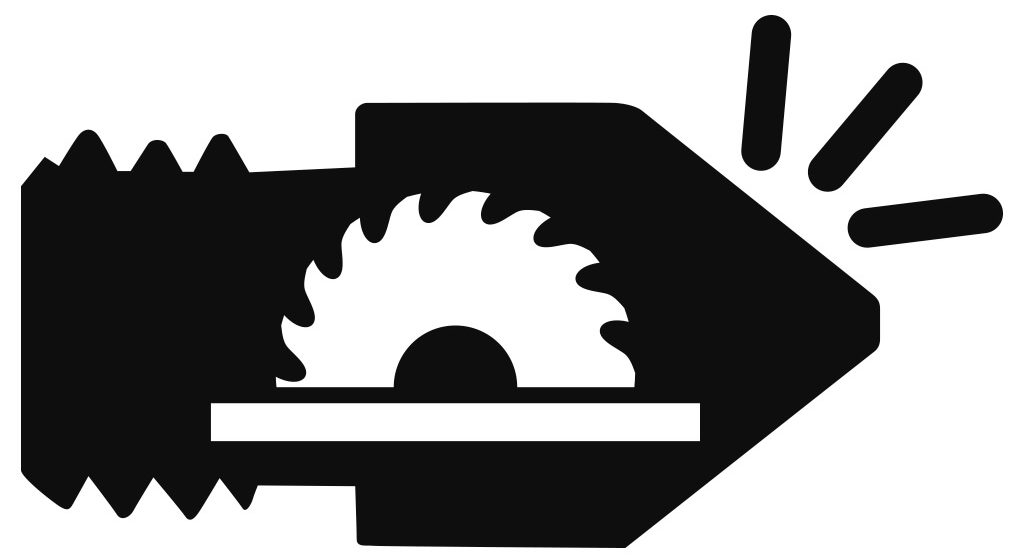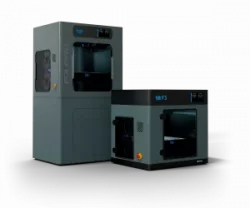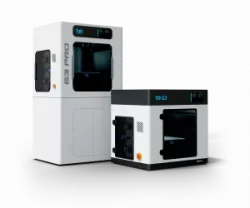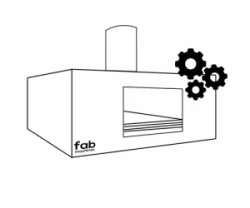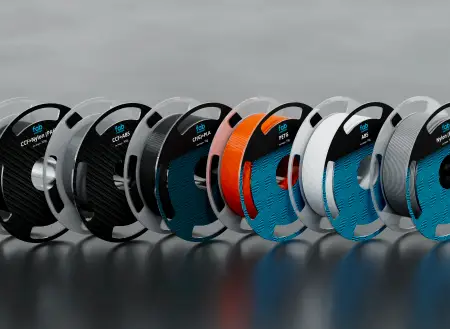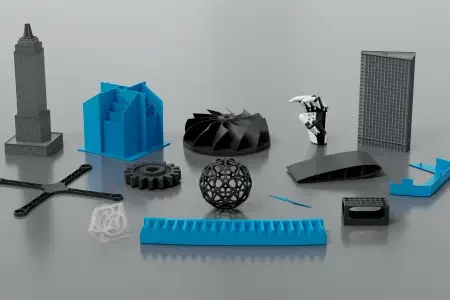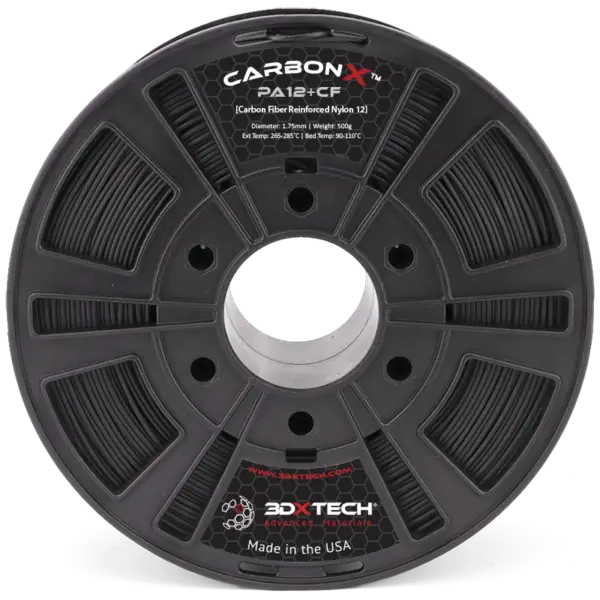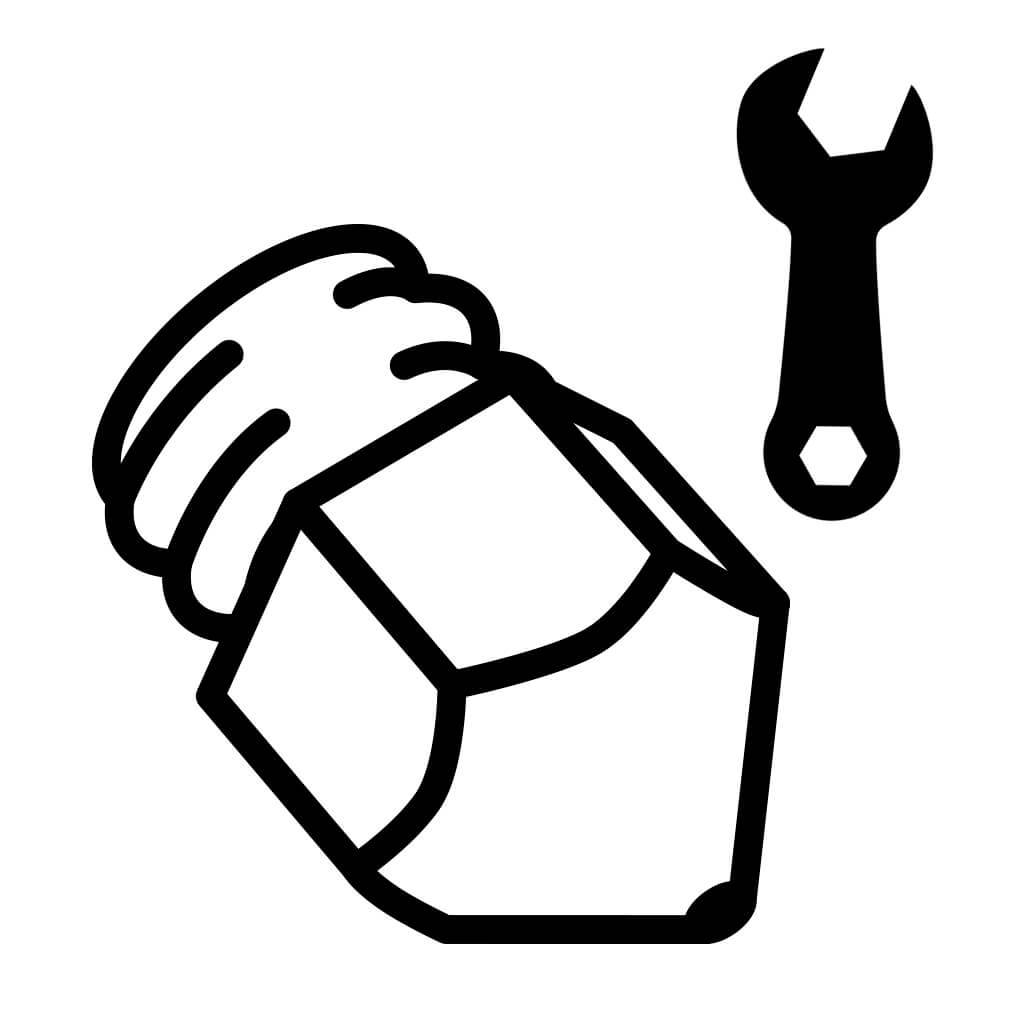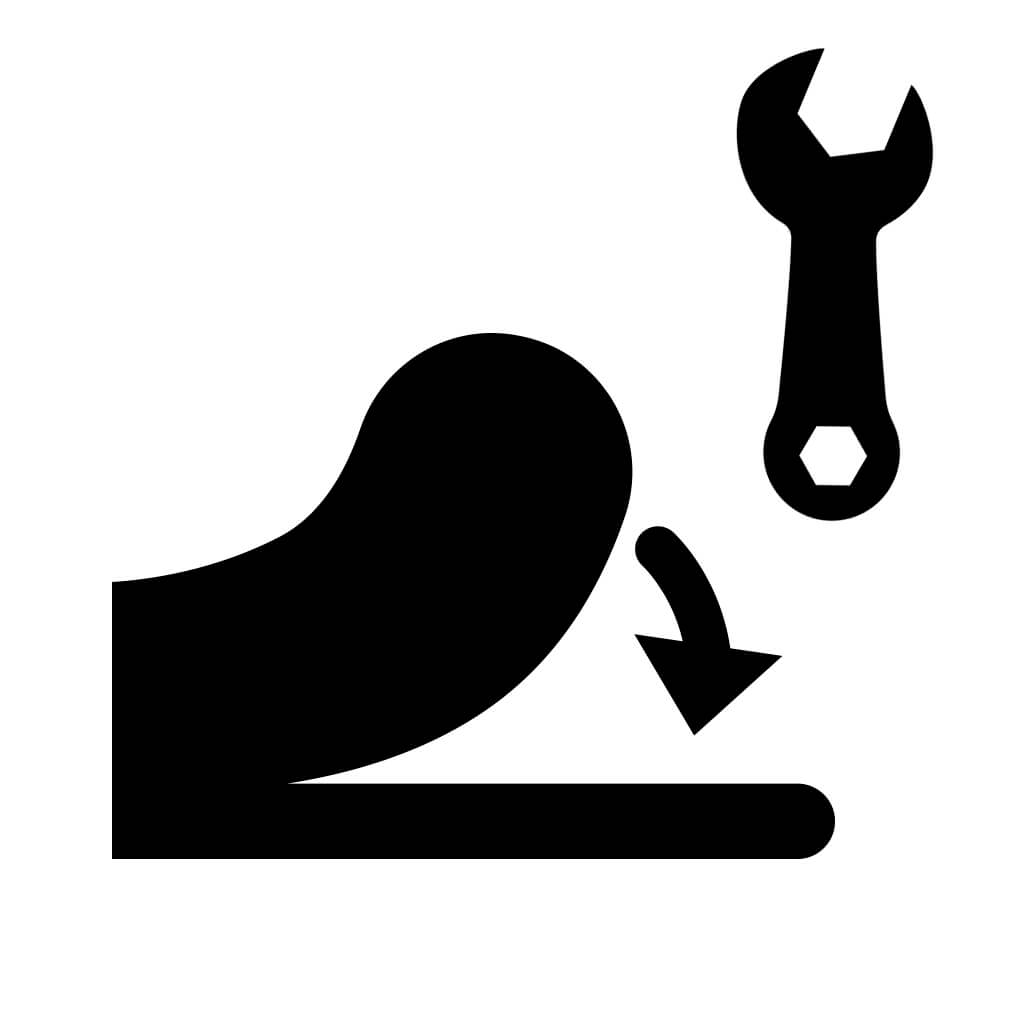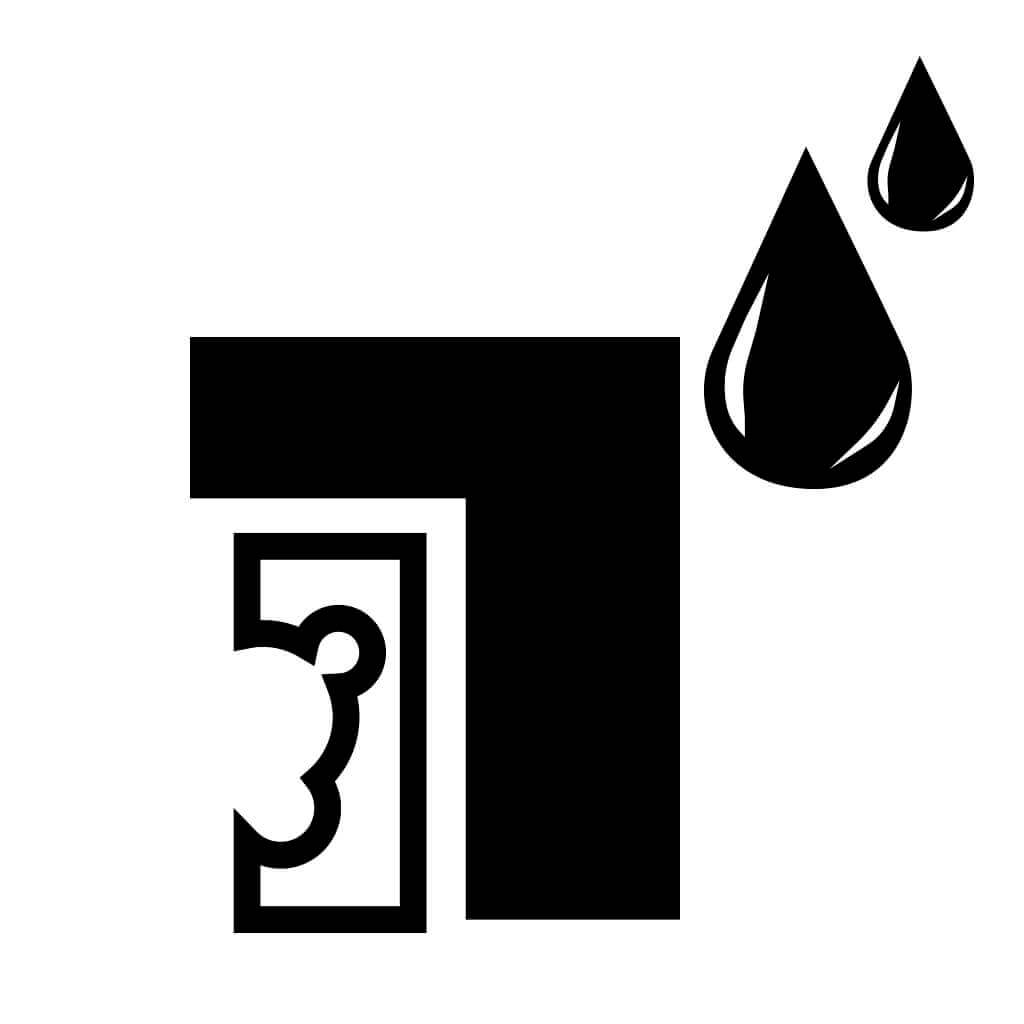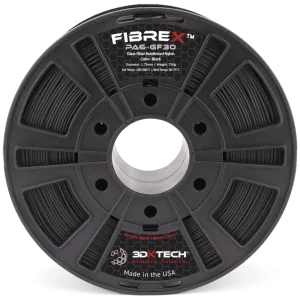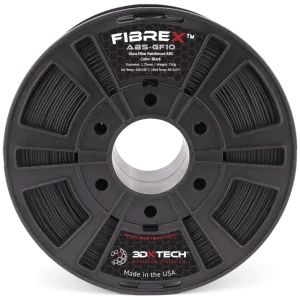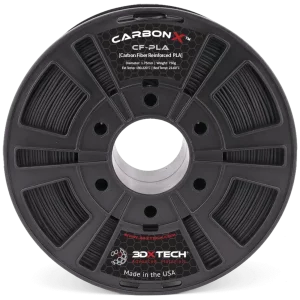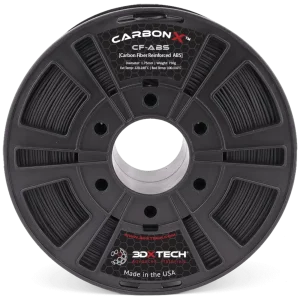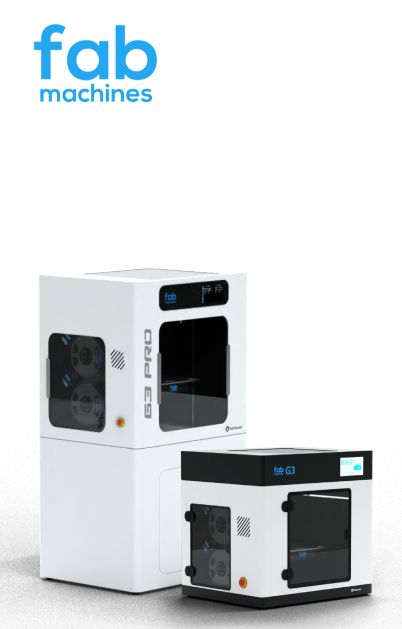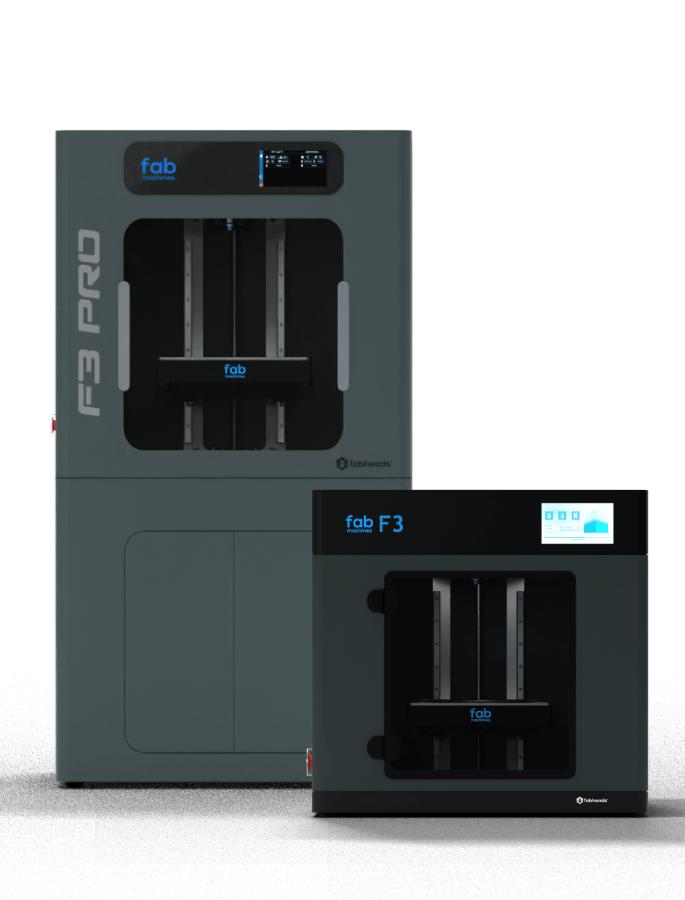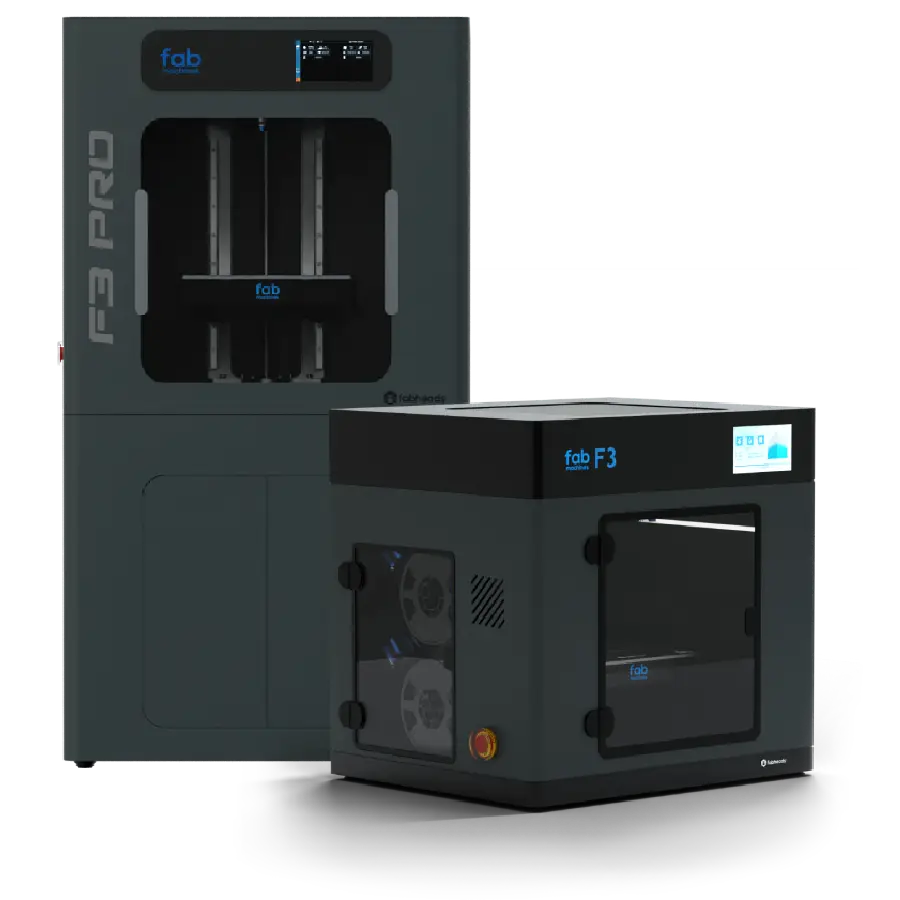Obsidian™ PA6+Carbon Fiber [Markforged ONYX Alternative]
Obsidian™ Carbon Fiber Nylon ( PA6+CF ) filament was formulated to be a lower-cost drop-in Markforged Onyx replacement suitable for all Markforged printers. We developed this material after extensive analysis and testing on our own in-house Markforged printer and many outside beta testers. The result is a seamless printing experience that produces parts with an outstanding appearance and excellent mechanical properties. Made using premium high-modulus carbon fiber and PA6 copolymer, Obsidian™ is an excellent alternative to Onyx™ that allows our customers to save money when using your Markforged printer.
Don’t have a Markforged printer? That’s no problem – Obsidian™ is also compatible with all non-Markforged printers that are suitable for printing PA6+CF. Take advantage of the excellent strength, stiffness, and appearance of this specialty material without over spending on Markforged Onyx™.
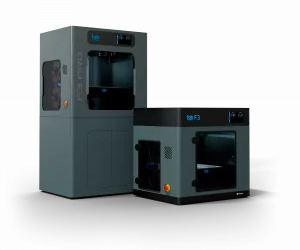
FabMachines™ F3-Pro 3D Printer
Print industrial-grade parts using Carbon-Fiber-nylon and more with the new FabMachines™ F3-Pro High-Temp Fiber 3D Printer.
Salient Features
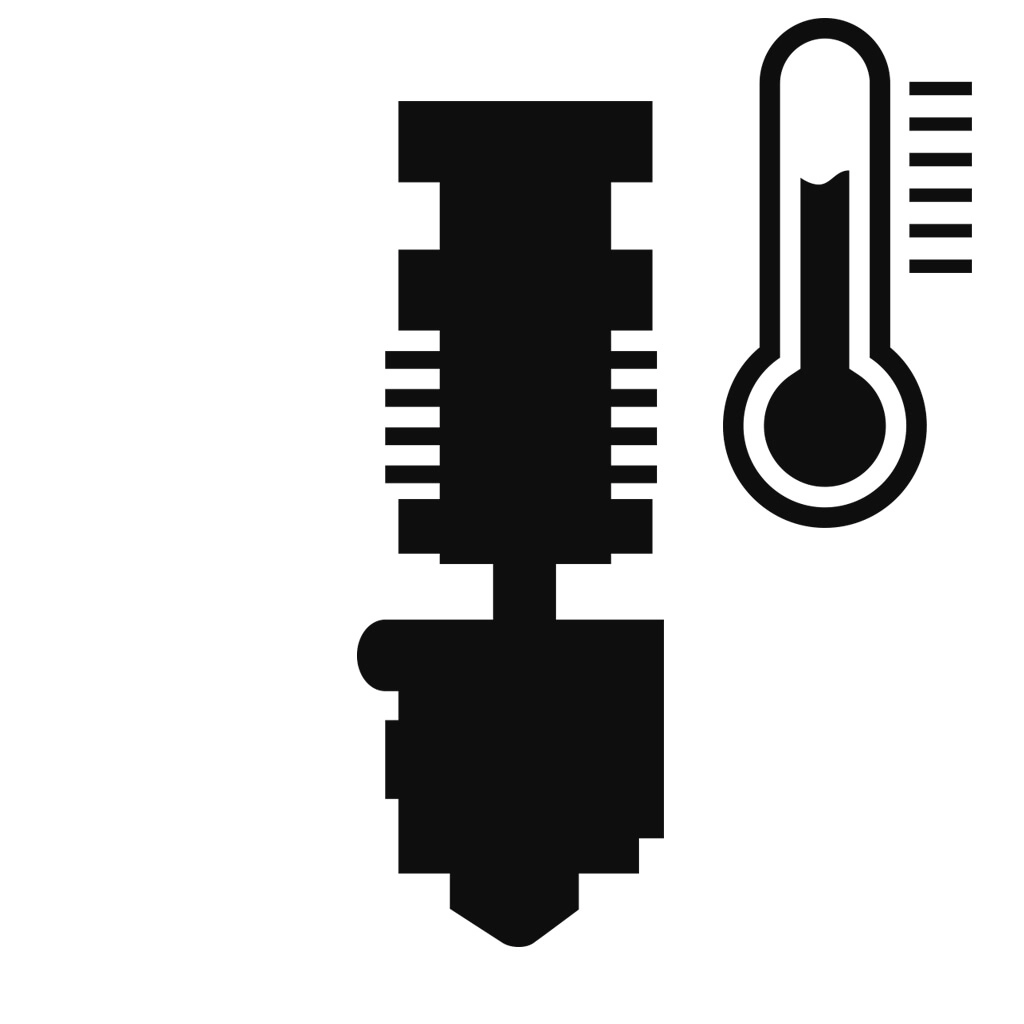
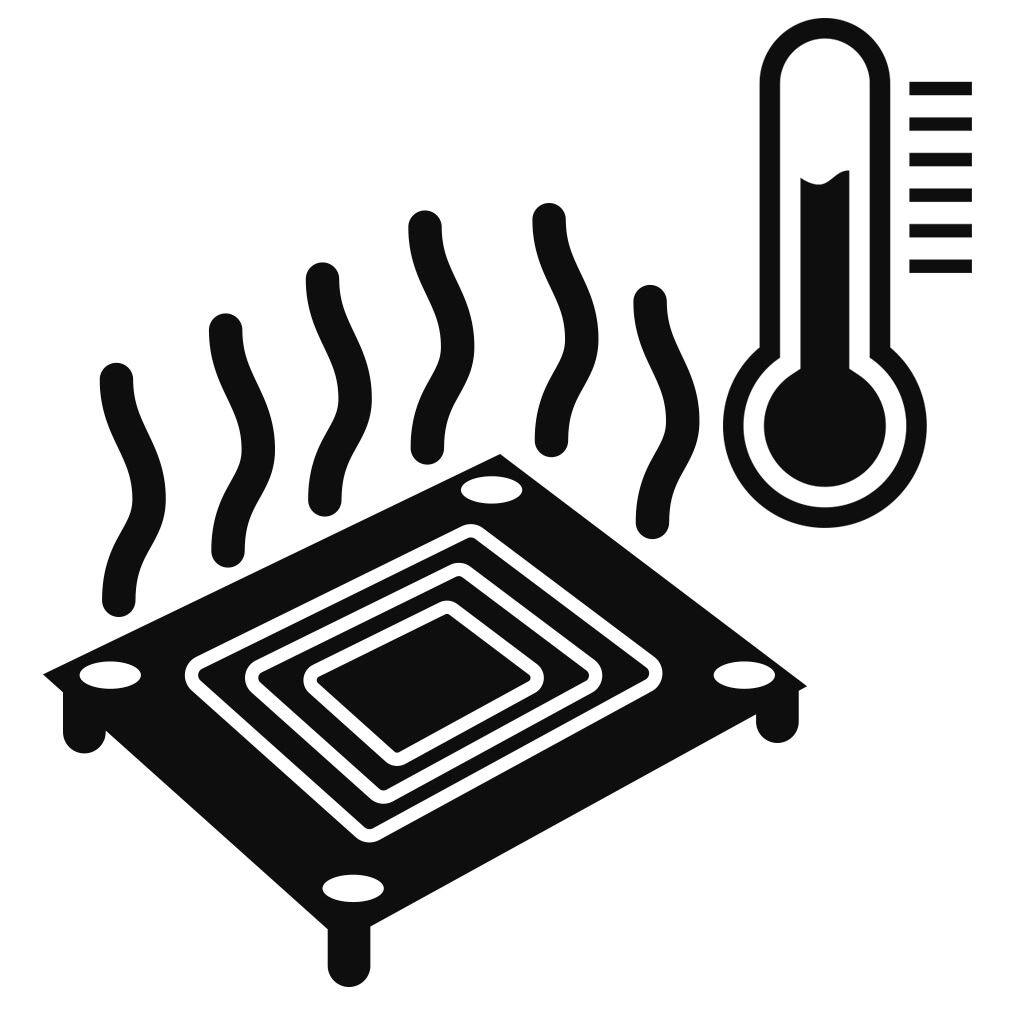
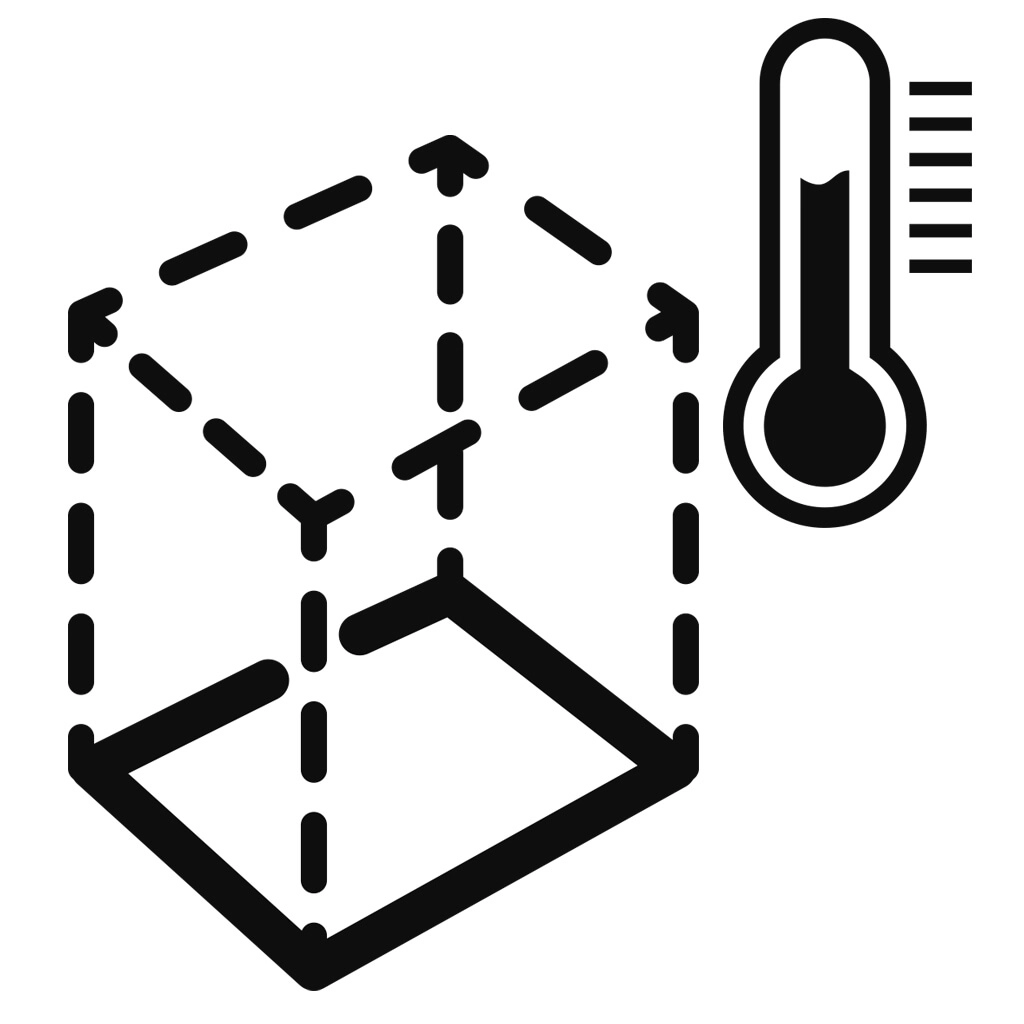
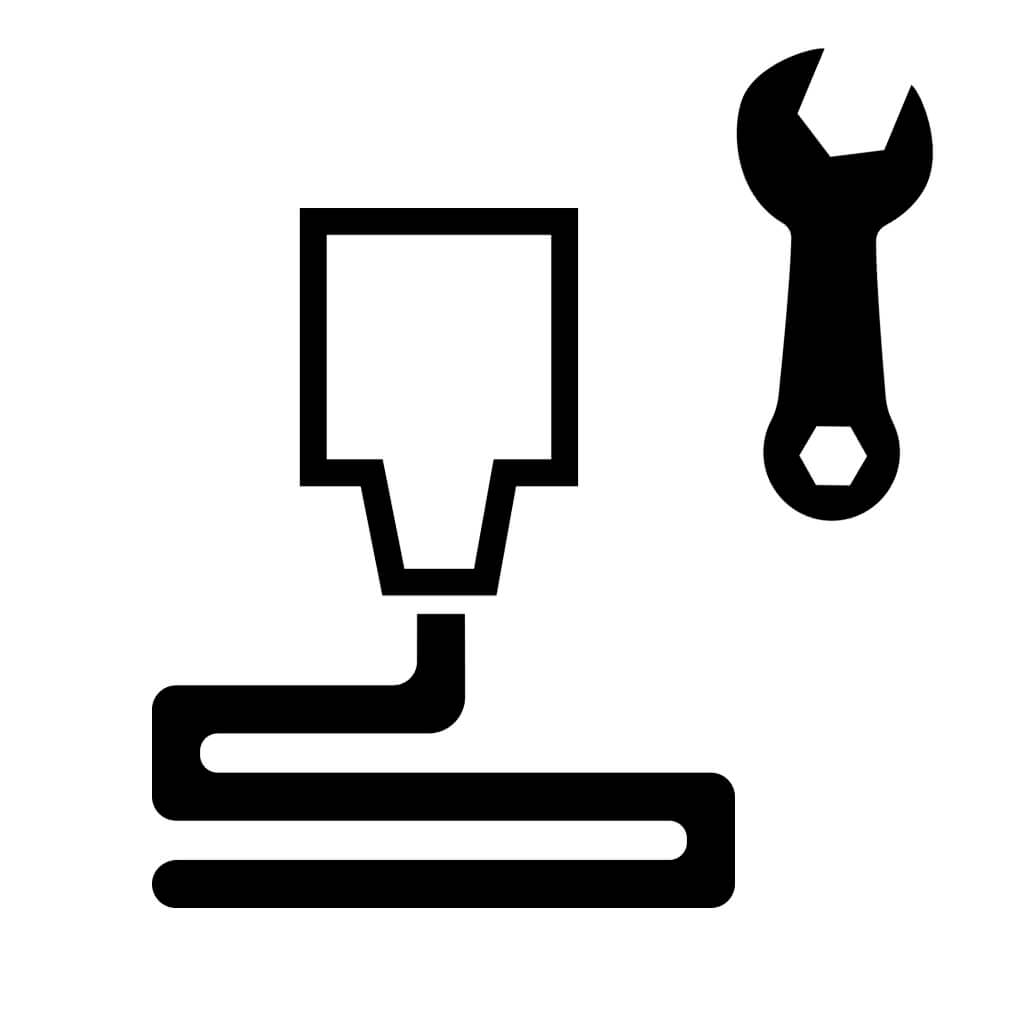
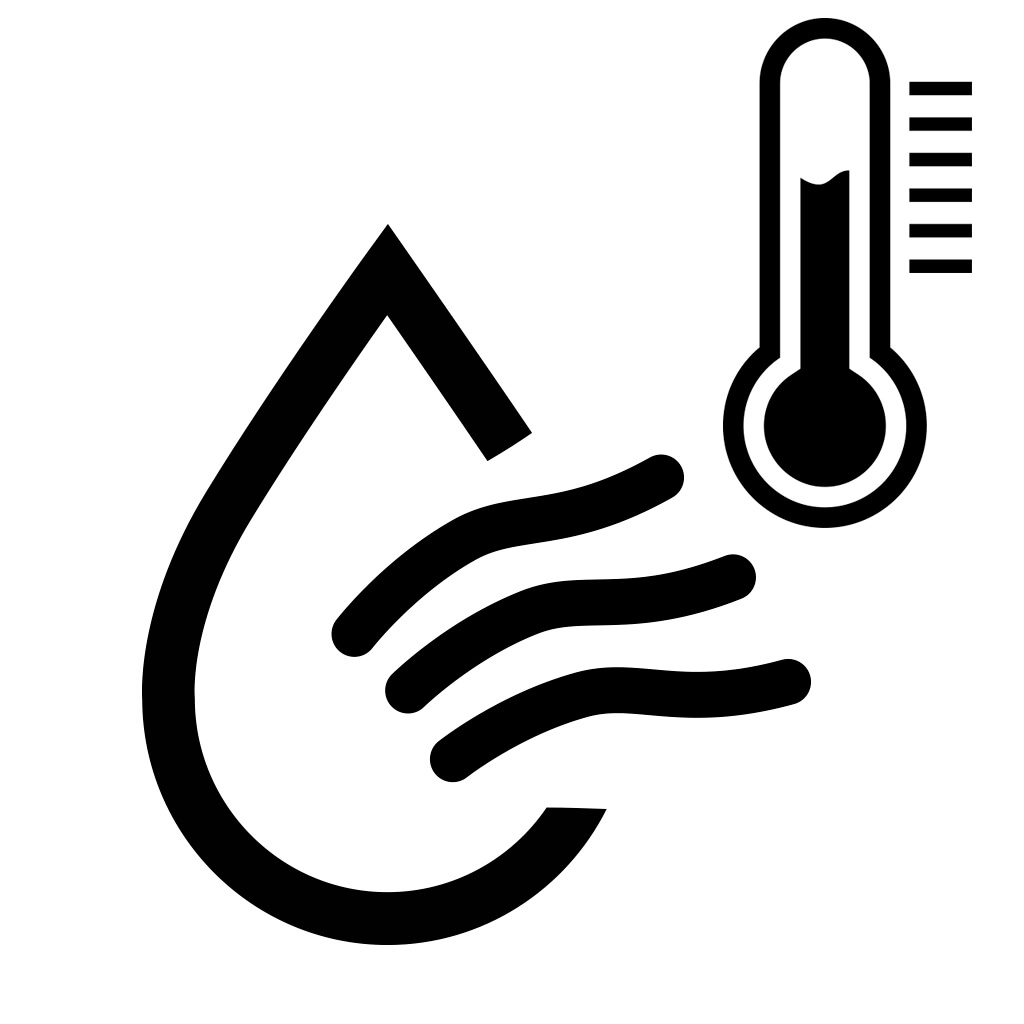
- Drop-in for Onyx™ without any changes required to print settings
- >30% savings vs. Markforged Onyx™
- Excellent strength and stiffness
- Resistant to aliphatic hydrocarbons (oil/gas/lubricants)
- Superior dimensional stability (low warp/shrink/CTE)
- Compatible with Markforged FX20, X7, X5, X3, Mark Two, Onyx Pro, and Onyx One printers
- Extruder: 265-285°C
- Bed Temp: 90-110°C
- Nozzle: We currently recommend a hardened steel nozzle
- Other: Ideal layer height is 60% of nozzle diameter. We do not recommend printing layers smaller than 0.2mm with carbon fiber reinforced filaments
- Bed Prep: Magigoo Bed Prep and 3DXTECH Polyimide Tape gives us the best results
- Heated Chamber: Recommended
- Supports: AquaTek™ water soluble X1 USM Universal Support Material is designed to work with complex models
- Drying Instructions: 90°C for 4 hours
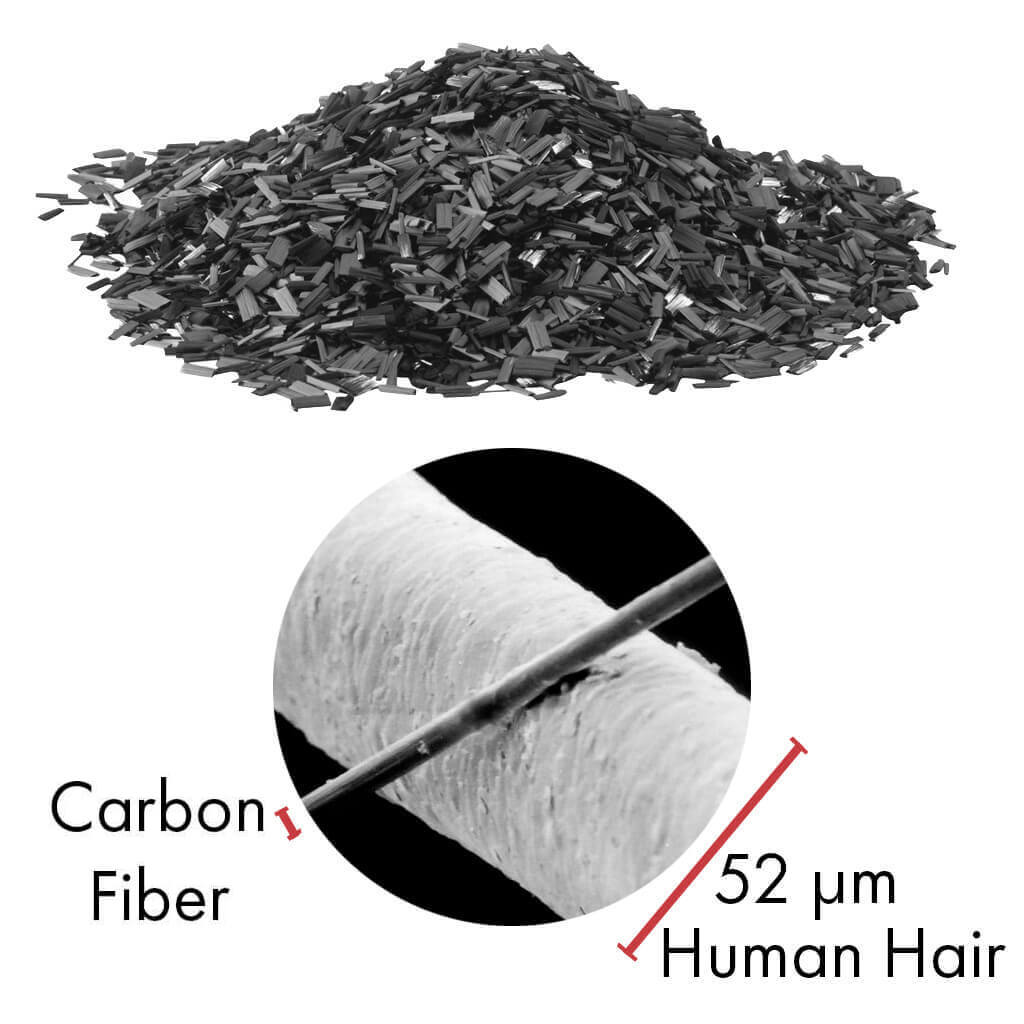
What Is It?
Fibers 5-10 micrometers wide made of carbon. The fibers are aligned following the axis of the material.
This, along with their physical makeup, are what give this material its excellent properties.

What Does It Do?
Carbon Fibers demonstrate a lot of desirable material properties:
- High stiffness
- High tensile strength
- High heat tolerance
- High chemical resistance
- Low weight
- Low thermal expansion
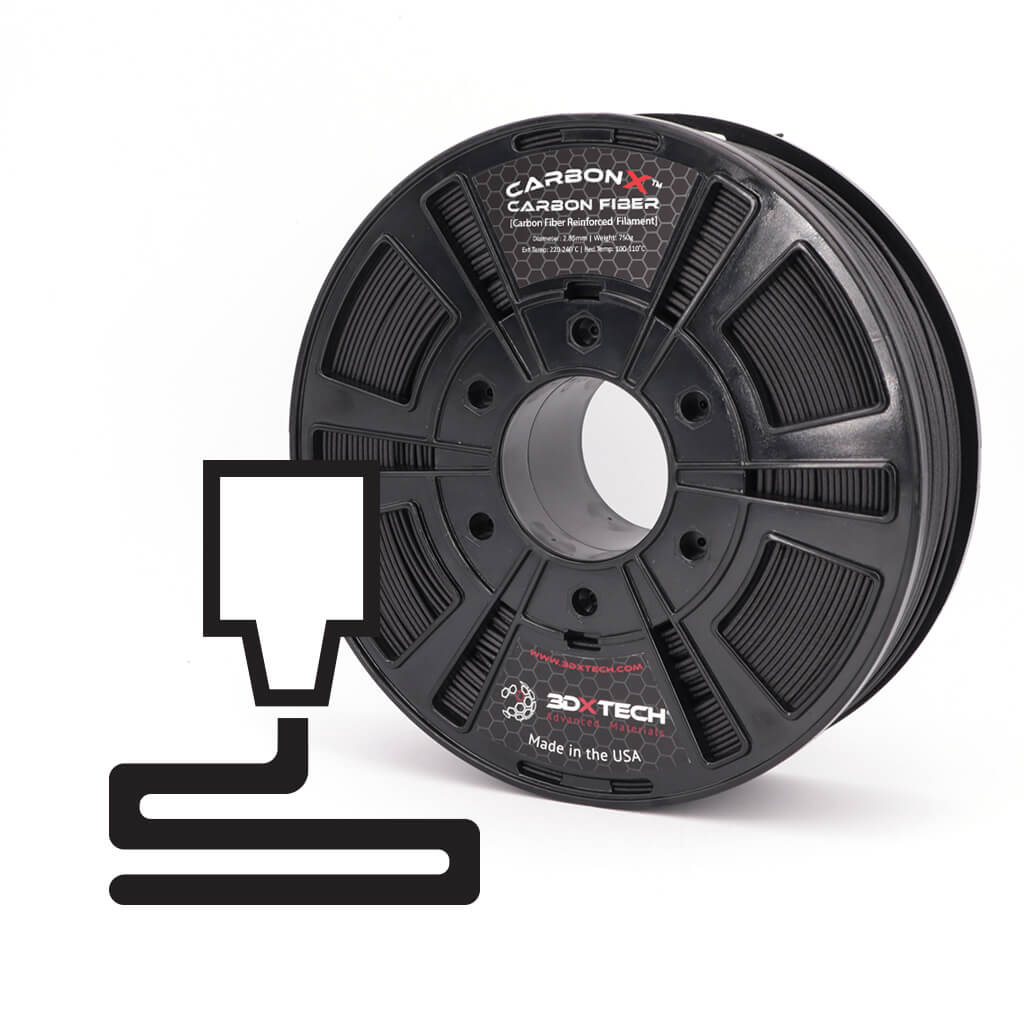
How Does It Work?
Reinforcing plastic with carbon fibers produces a 3D printing filament which exhibits the best properties of both the carbon fibers and the plastic of choice.
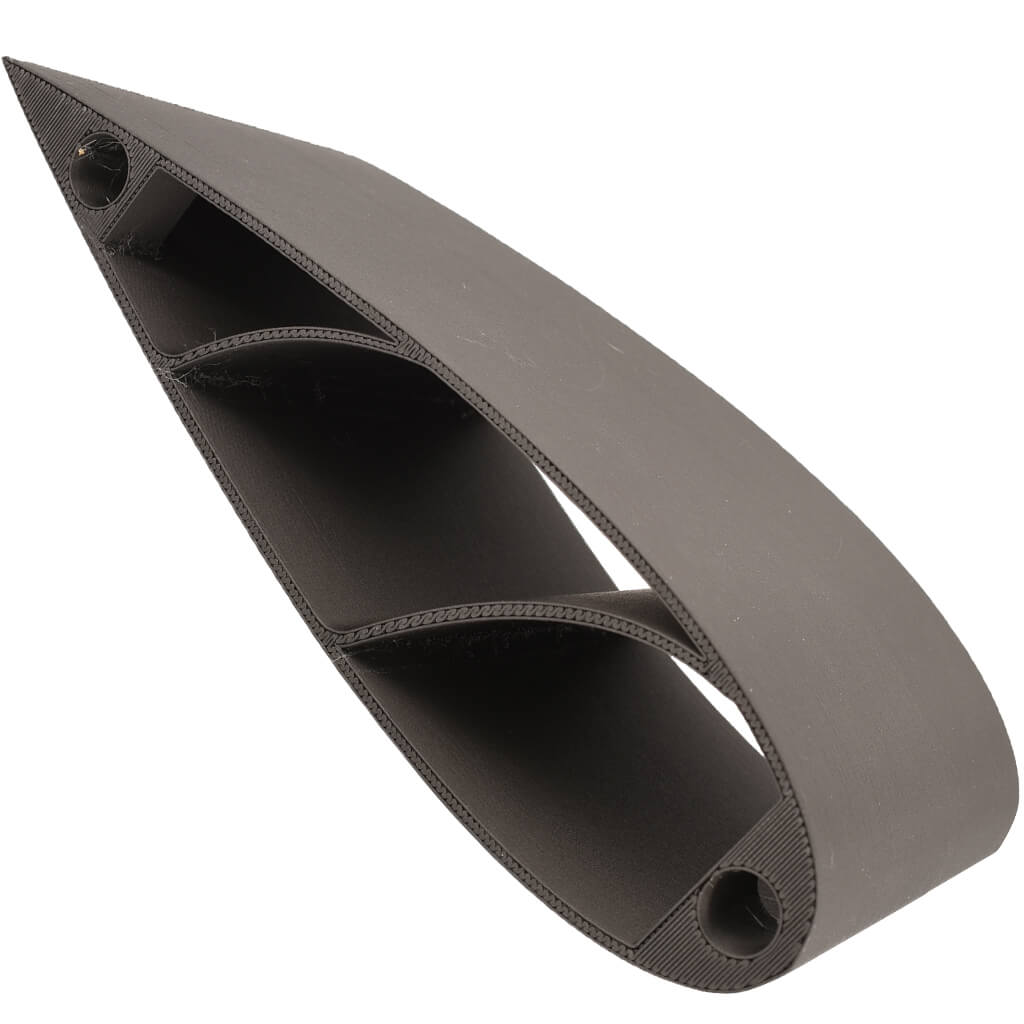
What Is It Good For?
Ideal for any applications which require light weight and rigidity.
Carbon fiber reinforced parts, designed to use less material and save weight, is extremely popular in aerospace, civil engineering, the military, and motorsports.
This material is particularly abrasive among 3D printing filaments. Users may find standard brass nozzles are chewed through very quickly compared to standard wear and tear. When worn through, the nozzle diameter will widen inconsistently and the printer will experience extrusion issues.
Because of this, it’s strongly recommended this material be printed through a hardened steel nozzle rather than a softer metal. Hardened steel nozzles can often be inexpensive and easily installed depending on your printer manufacturer’s instructions.
